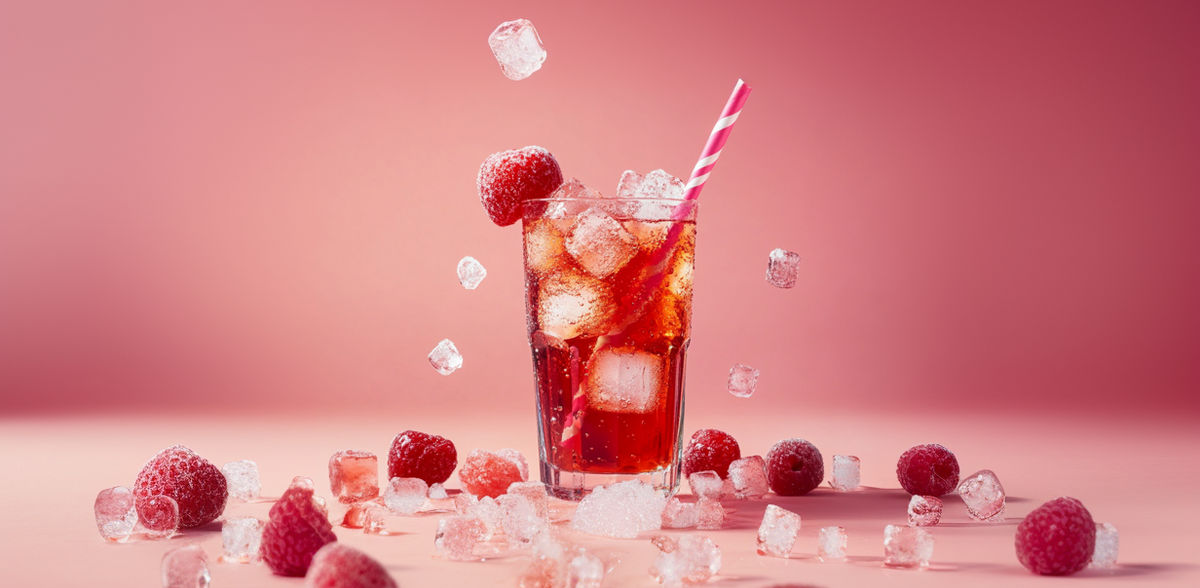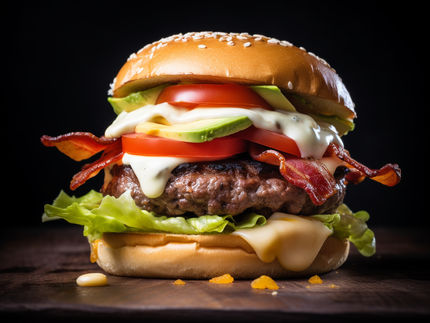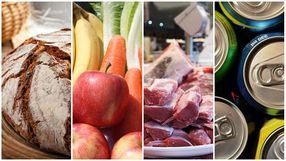Sugary drinks - DANK calls on the German government to act!
Advertisement
A market study by foodwatch shows just how overloaded with sugar children's drinks are in Germany. Of the 136 products tested, 86% contained more than five grams of sugar per 100 milliliters - an amount that has already led to a manufacturer's levy in the UK. With just one 250-milliliter glass of such a drink, a child consumes almost 20 grams of sugar, which corresponds to almost 80 percent of the maximum daily amount of 25 grams. These alarming figures make it clear that political prevention measures are urgently needed to protect the health of our children.
Barbara Bitzer, spokesperson for the German Alliance for Non-Communicable Diseases (DANK) and Managing Director of the German Diabetes Association (DDG), comments: "Sweet, sweeter, sick! The results of the foodwatch study show in an alarming way that the majority of drinks marketed specifically to children are completely over-sugared and that the industry is apparently not aware of any responsibility. The consequences of this are well known: Obesity, diabetes and heart disease are increasing at an alarming rate and a major driver of this trend is sugary drinks.
Voluntary commitments by the industry have proven to be completely inadequate, although the industry has promised much more. DANK, in collaboration with the Ludwig-Maximilians-Universität München (LMU) and the Technische Universität München (TUM), discussed this in a 2023 study. It is unacceptable that the health of our children is being sacrificed for the profit motive of the beverage industry.
A manufacturer levy based on the British model would be a decisive step towards making the industry responsible for reducing the sugar content in its products. In addition, we never tire of calling for comprehensive advertising restrictions on unhealthy foods aimed at children. Politicians actually have all the levers in their hands to finally make children's health a priority."
Note: This article has been translated using a computer system without human intervention. LUMITOS offers these automatic translations to present a wider range of current news. Since this article has been translated with automatic translation, it is possible that it contains errors in vocabulary, syntax or grammar. The original article in German can be found here.






























































